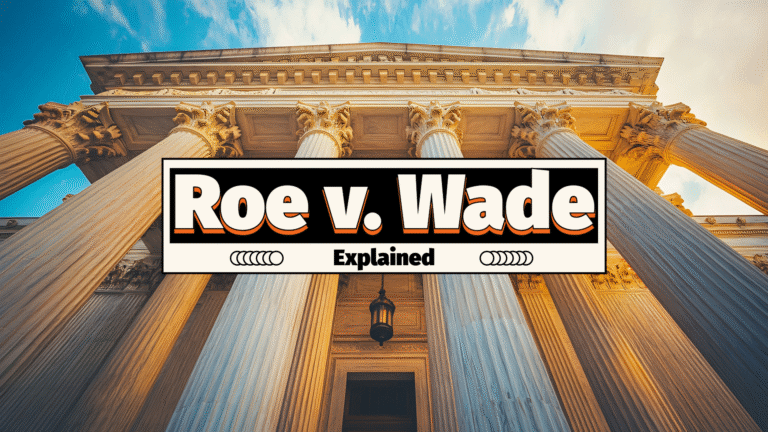What Is a Technocracy?
TL;DR
- Technocracy means rule by technical experts, especially scientists and engineers.
- Technocrats are individuals who gain influence or power through expertise rather than election or political background.
- Countries like the Soviet Union, China, and Singapore have shown strong technocratic elements.
- Technocratic governments are often installed during crises to stabilize economies or manage complex systems.
What Is a Technocracy?
A technocracy is a system of governance where decision-makers are selected based on their expertise in a given area, especially technical and scientific knowledge. Unlike traditional political systems, where power is derived through election or party politics, technocracies emphasize the role of trained professionals in making policy decisions.
Why It Matters
Technocracy highlights a different model of governance—one focused on competence over popularity. In times of crisis or in highly technical societies, technocratic governance can offer stability, long-term planning, and policy driven by data and expertise rather than ideology or partisanship.
How It Works / Key Concepts
- Technocrat: A specialist—often a scientist, engineer, economist, or doctor—who holds influence in government due to their expertise.
- Appointment vs. Election: Technocrats are typically appointed, not elected, and may lack party affiliation.
- Focus on Efficiency: Technocratic systems prioritize evidence-based policy, efficiency, and rational planning.
When a Technocracy Is a Problem
This system can be problematic because it concentrates power in the hands of technical experts who may understand systems deeply but are not necessarily accountable to the public or representative of its values. This can sideline democratic participation, as decisions may prioritize efficiency or data-driven outcomes over social needs, equity, or ethical considerations.
Technocratic leaders might discount cultural, emotional, or community-based perspectives as “irrational,” leading to policies that feel imposed rather than chosen. In crisis, technocratic rule can seem effective, but over time it risks becoming insulated, elitist, and disconnected from the lived experiences of the people it governs.
Examples / Use Cases
- Soviet Union: Especially under Stalin, many leaders were engineers or technical experts, driving rapid industrialization.
- China: Described as technocratic due to its high number of engineers and scientists in key political roles.
- Singapore: Known for blending political leadership with expert governance to achieve high policy efficiency.
- Italy: Governments led by unelected experts like the Monti and Draghi Cabinets were installed during financial crises.
- Greece: Lucas Papademos, an economist, led a technocratic government during the 2011–2012 debt crisis.

Historical Movements
- Technocracy Movement (1930s, USA): Advocated for an expert-managed economy during the Great Depression, arguing that scientists and engineers could solve economic problems better than politicians.
- Crisis Caretaker Governments: Common in Europe, especially when expert-led leadership is needed to stabilize governance temporarily.
- Technocratic Institutions: Central banks (like the U.S. Federal Reserve), the CDC, and the European Central Bank act with considerable autonomy and are run by subject-matter experts.
FAQs
- Is technocracy democratic? Technocracies often bypass traditional democratic mechanisms, though they can exist within democratic frameworks.
- Are technocracies effective? They can be highly effective in specific contexts, especially where complex problems require expert solutions.
- Can technocrats be elected? Usually, no. Most are appointed based on expertise, though some may later run for office.
- Is technocracy the same as authoritarianism? Not necessarily. Some technocracies are authoritarian, but others operate within democratic checks and balances.
Learn More
- Encyclopedia Britannica, “Technocracy,” 2023 – https://www.britannica.com/topic/technocracy
- Boston Review, “What’s Wrong with Technocracy?” 2022 – https://www.bostonreview.net/articles/whats-wrong-with-technocracy/
- New York Times, “How Technocrats Took Over the World,” 2021 – https://www.nytimes.com/2021/07/28/opinion/technocrats-elite.html
- Foreign Affairs, “China’s Technocracy Trap,” 2023 – https://www.foreignaffairs.com/china/chinas-technocracy-trap













